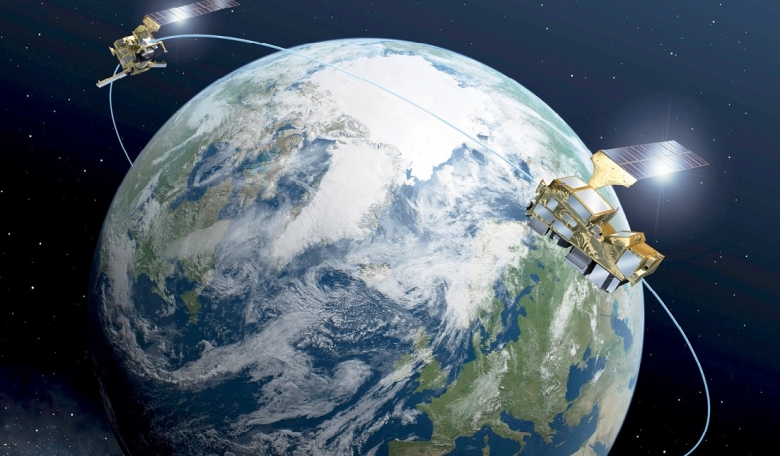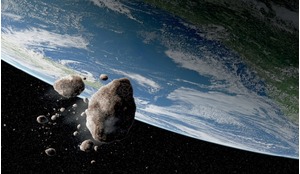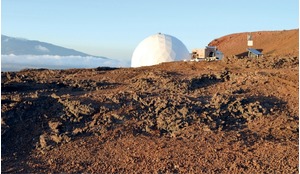Since the beginning of the Space Age, some 35 nations have been involved in launching more than 450 Earth observation (EO) satellites. Yet with so many variables to be collected, so precisely and over such long periods, there are still huge gaps in our ability to adequately monitor climate change, one of the most pressing issues facing humanity today. And, according to Mariel Borowitz, it remains surprising that many of these gaps are still exacerbated by a lack of international data sharing.
While some nations make data from unclassified, government-owned EO satellites freely available, others still restrict access, which means that not all collected data is contributing to our global understanding of climate change.
This problem has not gone unnoticed. It has been referenced in reports and statements of international organisations for decades since the first Intergovernmental Panel on Climate Change (IPCC) Assessment Report in 1990 recommended improving systematic observation of climate variables with both satellite and surface-based instruments on a global basis and expressed the need to facilitate international exchange of climate data.














